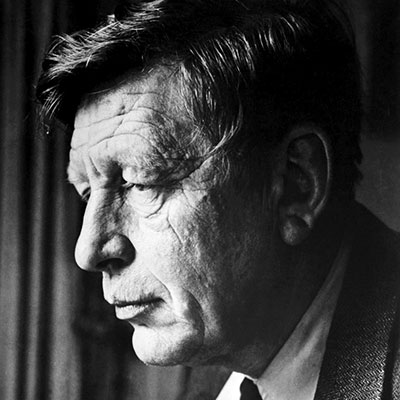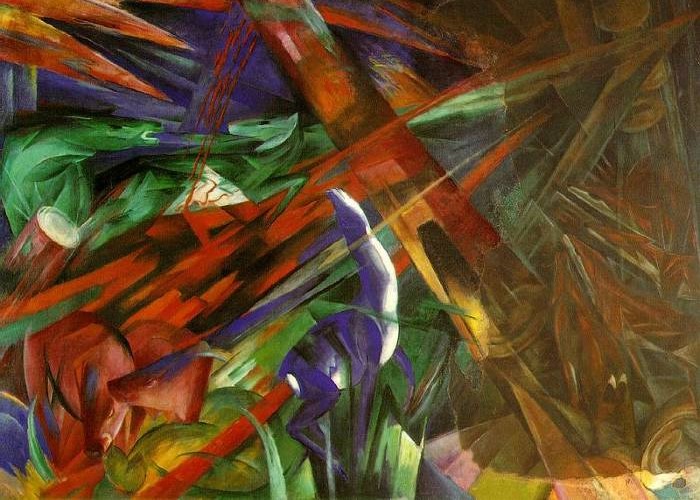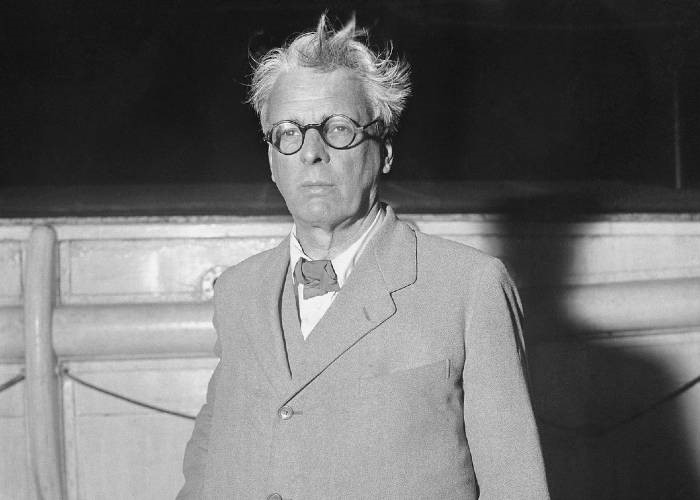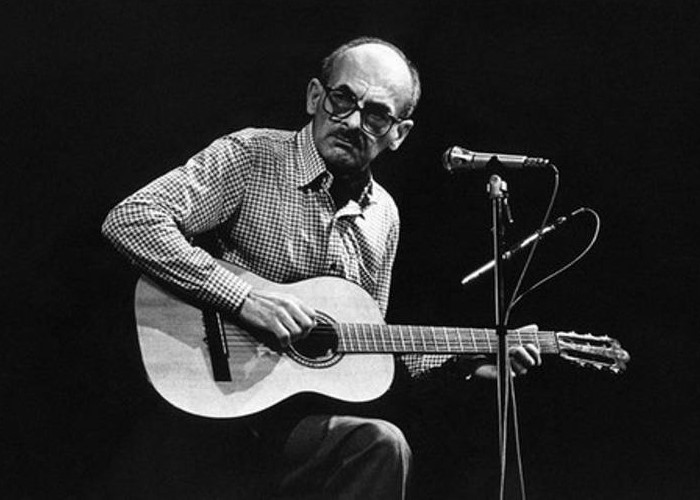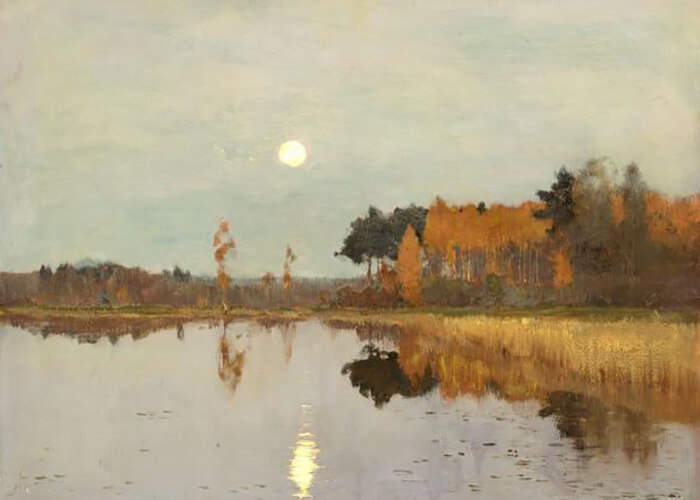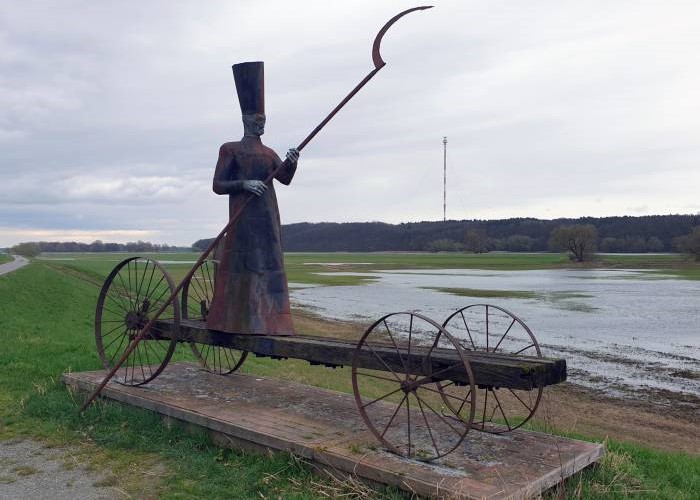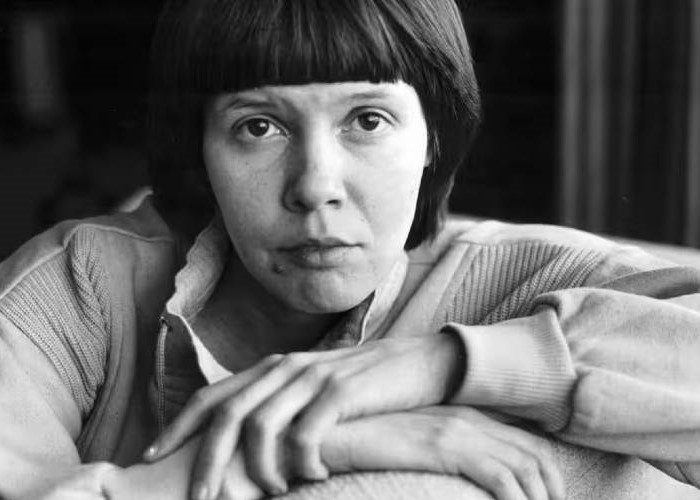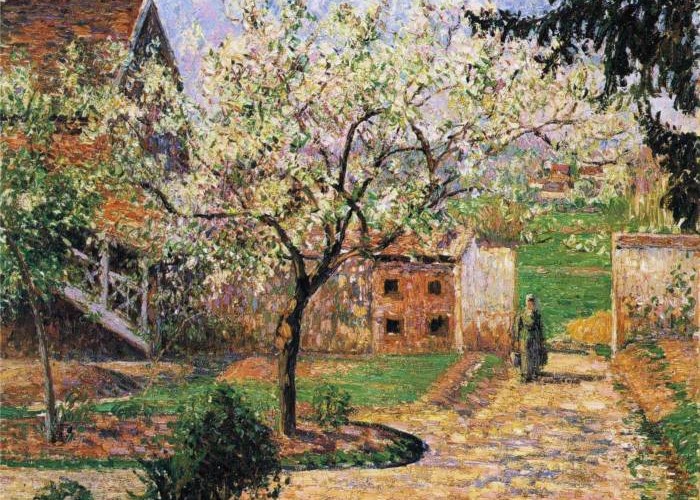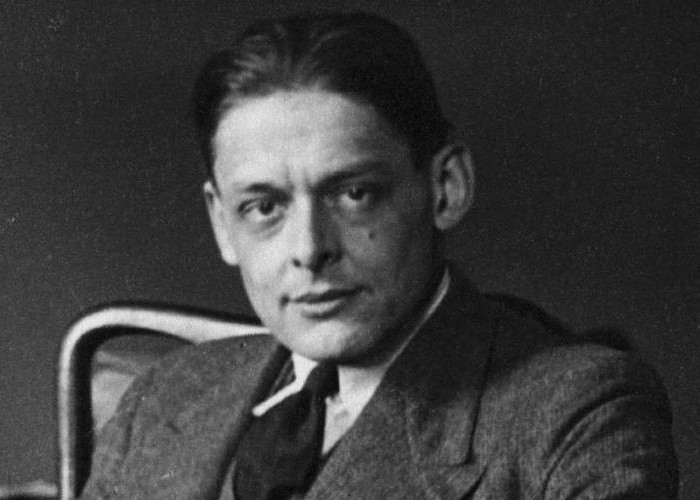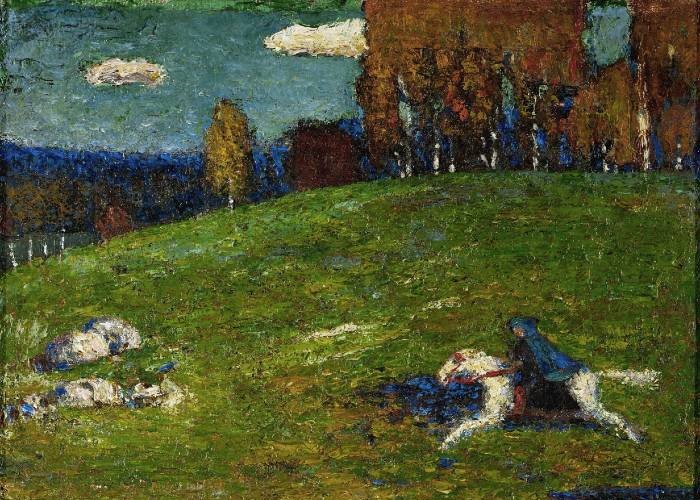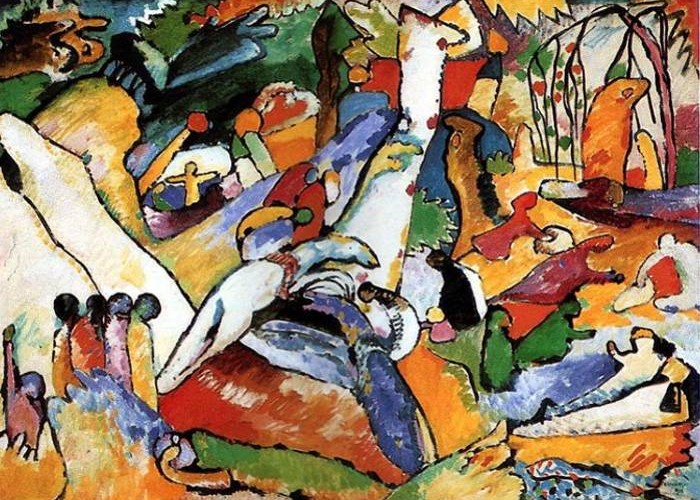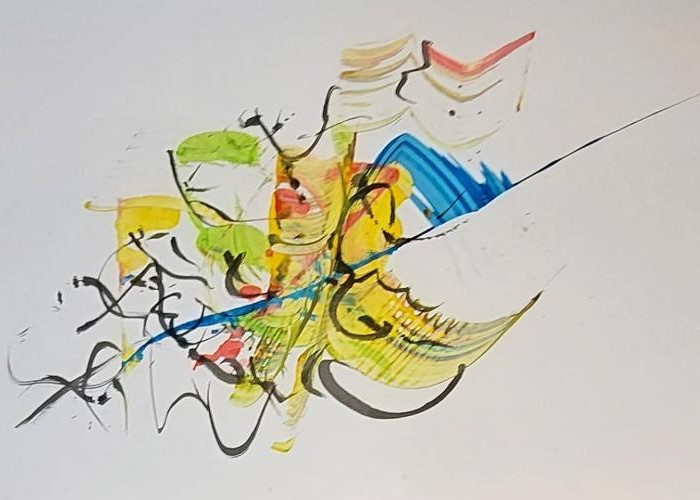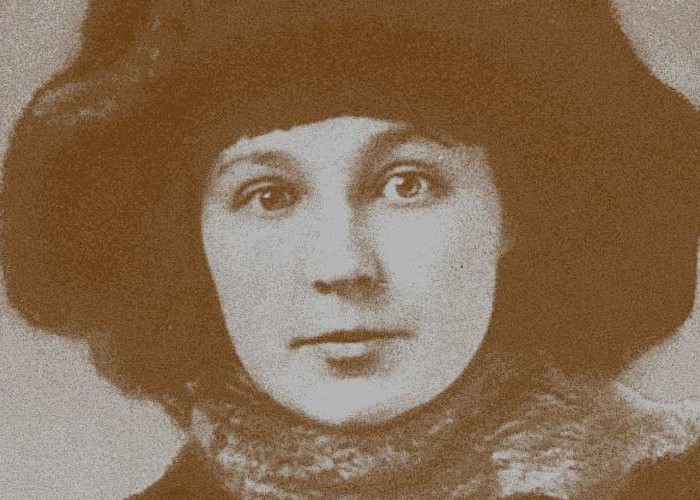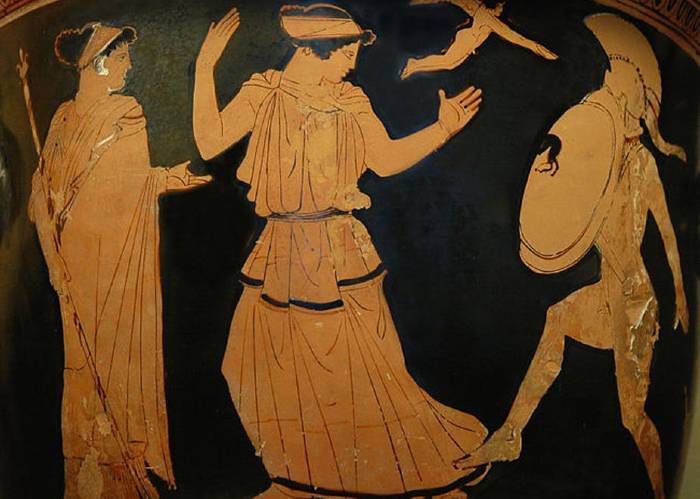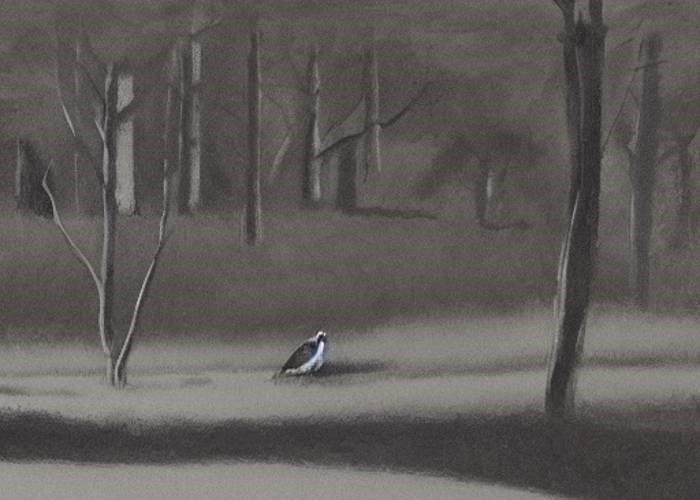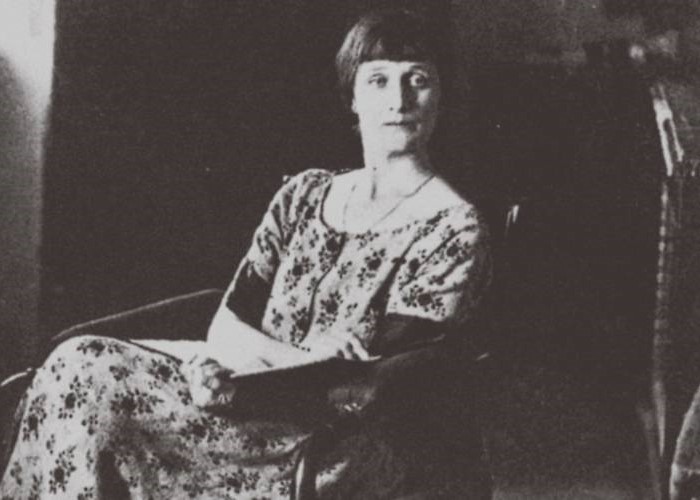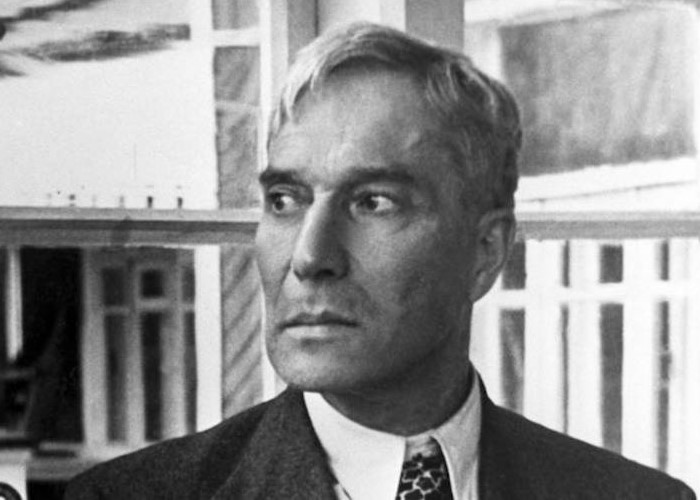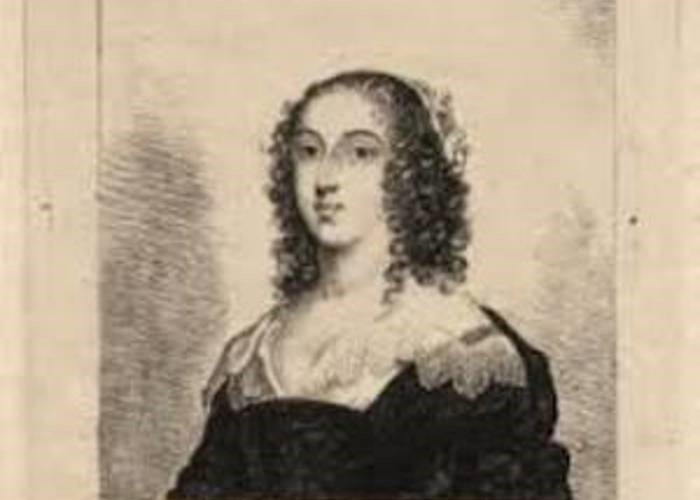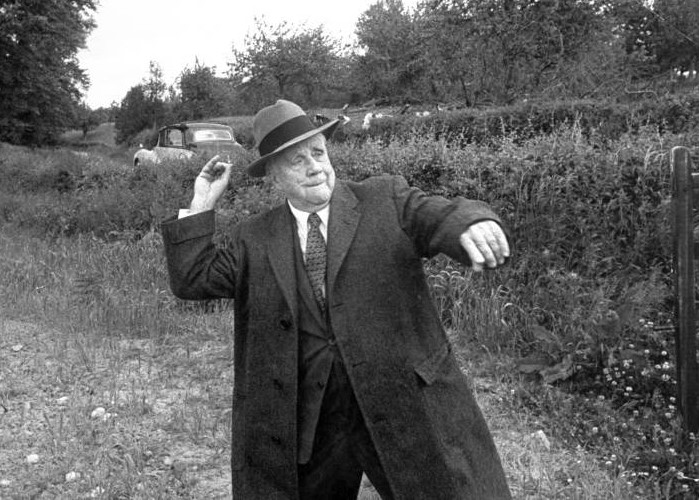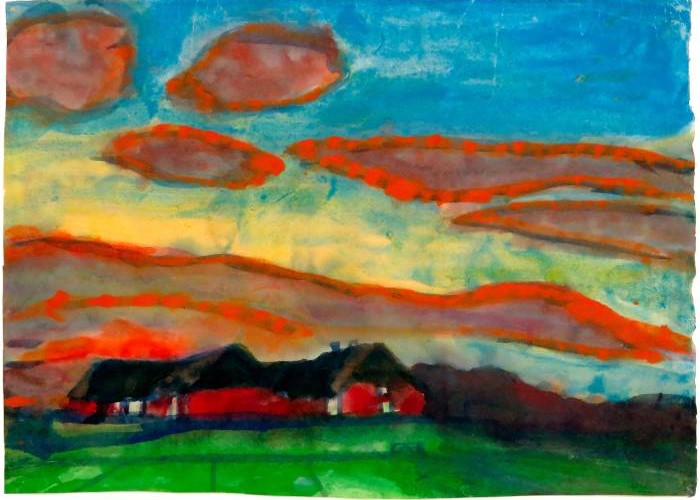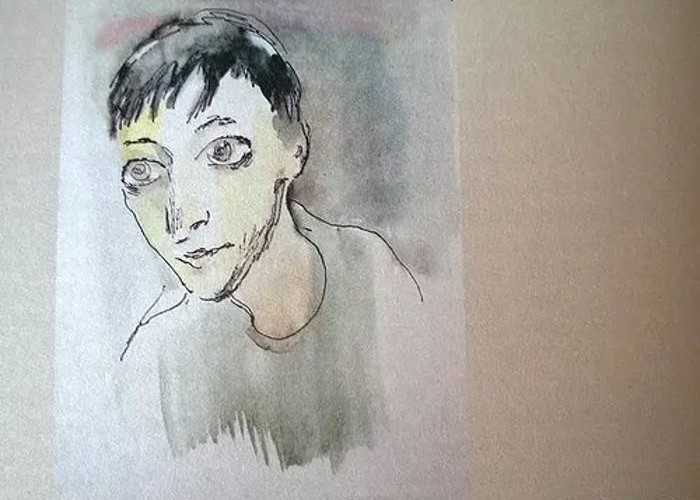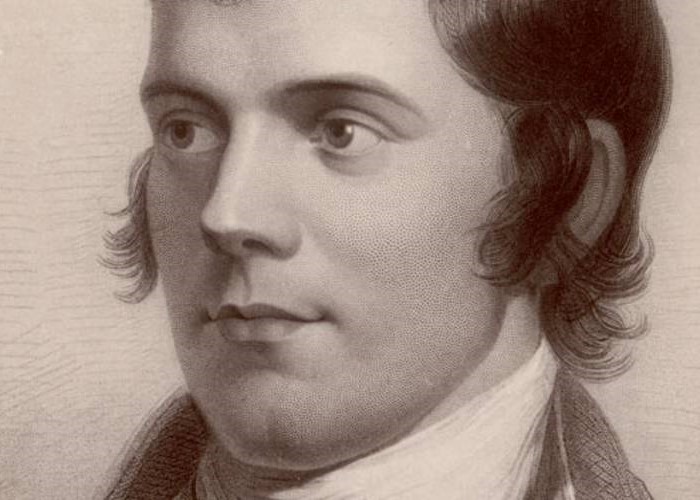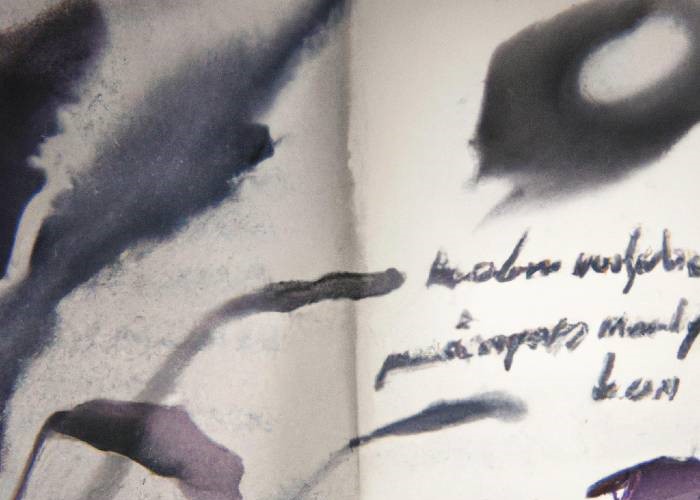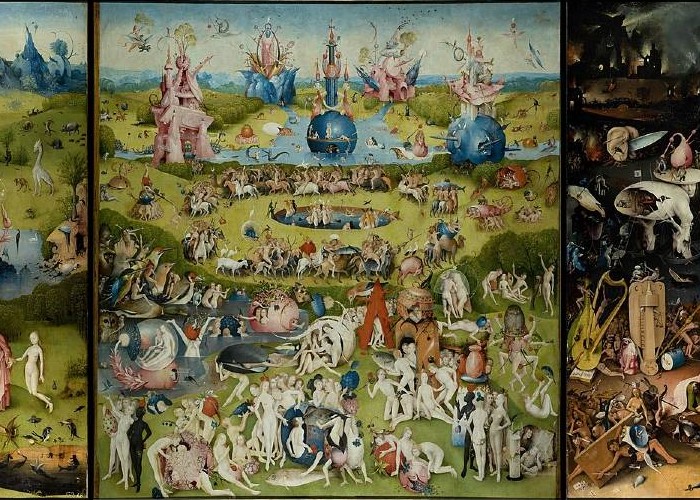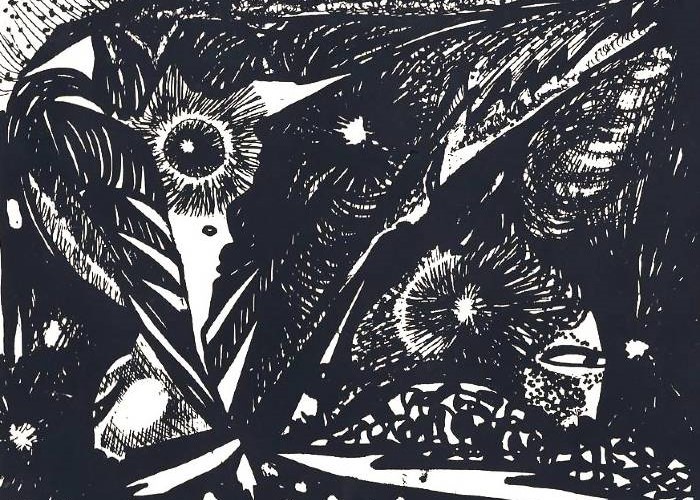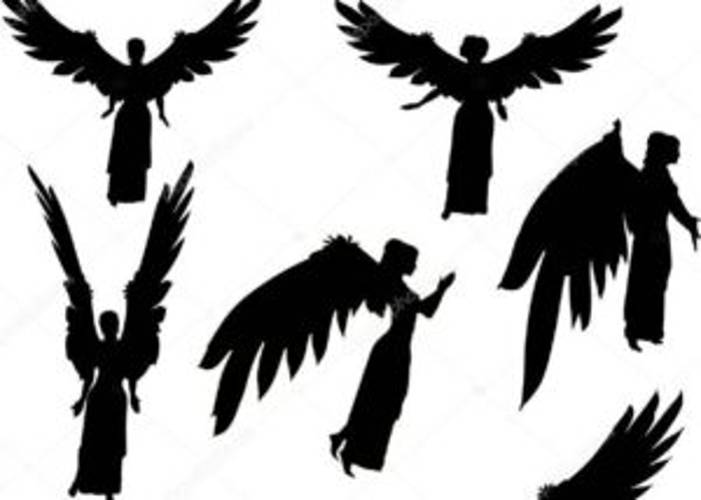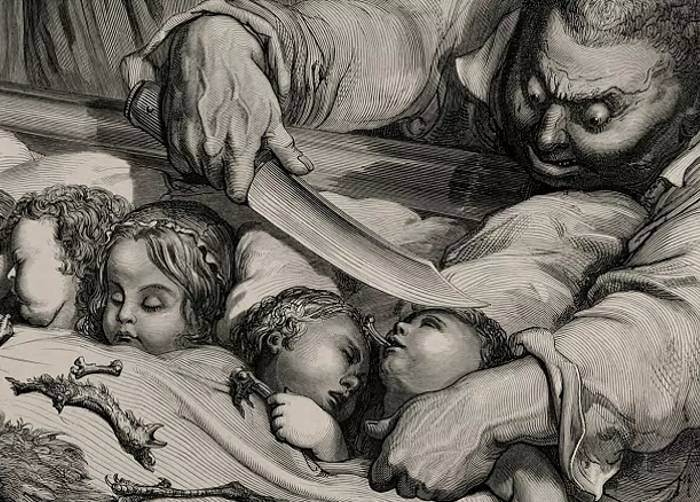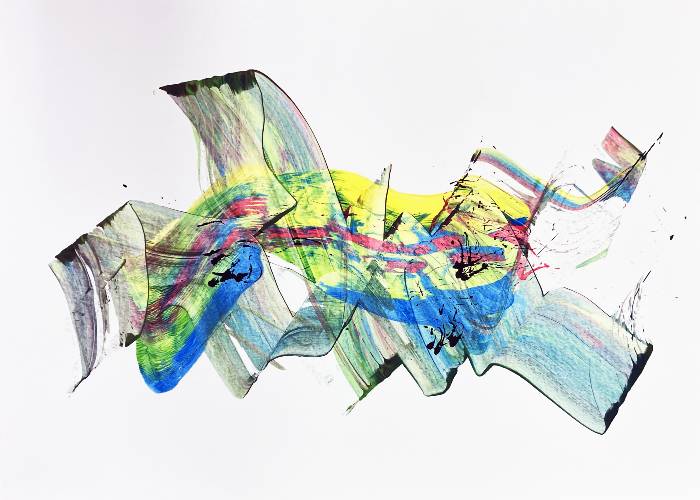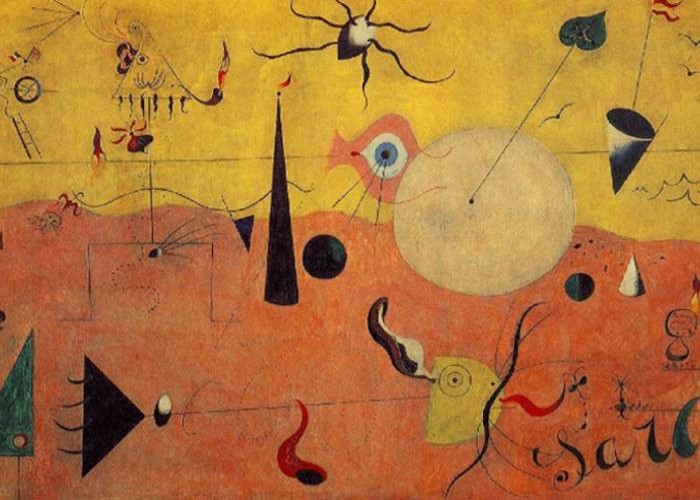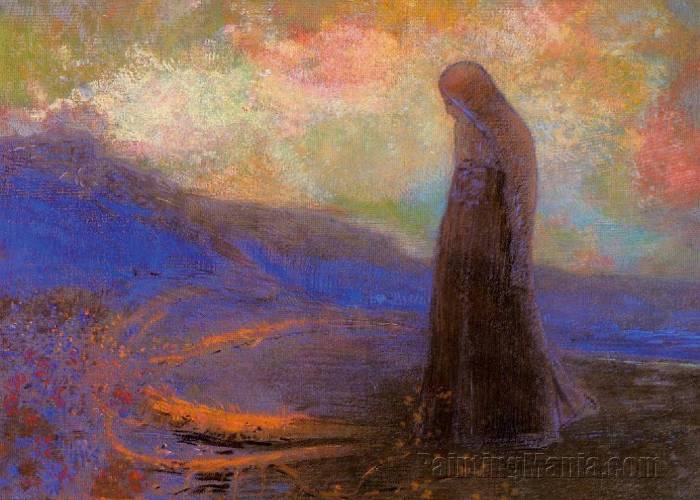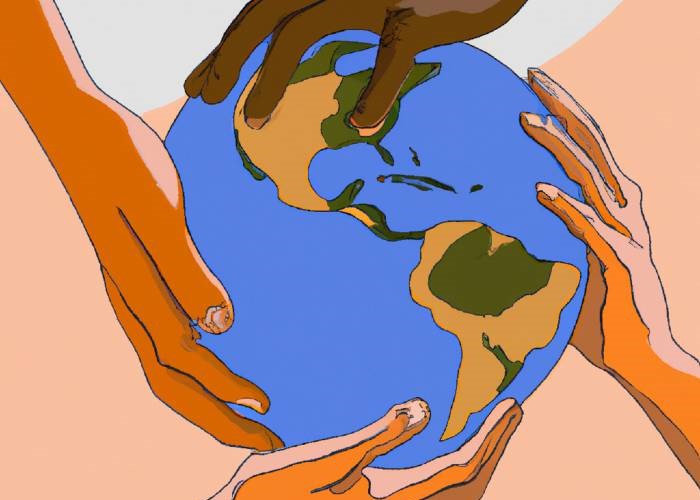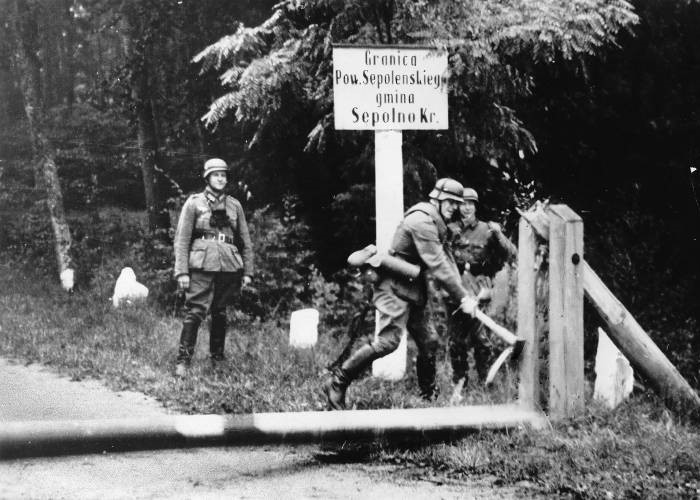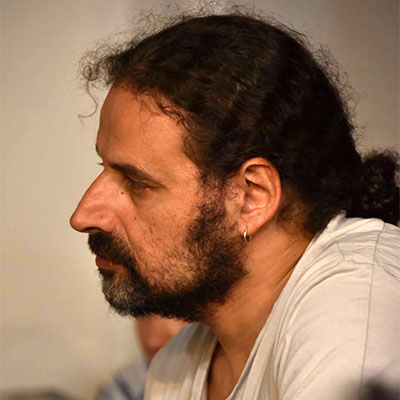I sit in one of the dives
On Fifty-second Street
Uncertain and afraid
As the clever hopes expire
Of a low dishonest decade:
Waves of anger and fear
Circulate over the bright
And darkened lands of the earth,
Obsessing our private lives;
The unmentionable odour of death
Offends the September night.
Accurate scholarship can
Unearth the whole offence
From Luther until now
That has driven a culture mad,
Find what occurred at Linz,
What huge imago made
A psychopathic god:
I and the public know
What all schoolchildren learn,
Those to whom evil is done
Do evil in return.
Exiled Thucydides knew
All that a speech can say
About Democracy,
And what dictators do,
The elderly rubbish they talk
To an apathetic grave;
Analysed all in his book,
The enlightenment driven away,
The habit-forming pain,
Mismanagement and grief:
We must suffer them all again.
Into this neutral air
Where blind skyscrapers use
Their full height to proclaim
The strength of Collective Man,
Each language pours its vain
Competitive excuse:
But who can live for long
In an euphoric dream;
Out of the mirror they stare,
Imperialism’s face
And the international wrong.
Faces along the bar
Cling to their average day:
The lights must never go out,
The music must always play,
All the conventions conspire
To make this fort assume
The furniture of home;
Lest we should see where we are,
Lost in a haunted wood,
Children afraid of the night
Who have never been happy or good.
The windiest militant trash
Important Persons shout
Is not so crude as our wish:
What mad Nijinsky wrote
About Diaghilev
Is true of the normal heart;
For the error bred in the bone
Of each woman and each man
Craves what it cannot have,
Not universal love
But to be loved alone.
From the conservative dark
Into the ethical life
The dense commuters come,
Repeating their morning vow;
“I will be true to the wife,
I’ll concentrate more on my work,”
And helpless governors wake
To resume their compulsory game:
Who can release them now,
Who can reach the deaf,
Who can speak for the dumb?
All I have is a voice
To undo the folded lie,
The romantic lie in the brain
Of the sensual man-in-the-street
And the lie of Authority
Whose buildings grope the sky:
There is no such thing as the State
And no one exists alone;
Hunger allows no choice
To the citizen or the police;
We must love one another or die.
Defenceless under the night
Our world in stupor lies;
Yet, dotted everywhere,
Ironic points of light
Flash out wherever the Just
Exchange their messages:
May I, composed like them
Of Eros and of dust,
Beleaguered by the same
Negation and despair,
Show an affirming flame.*
* * *
1 СЕНТЯБРЯ 1939
Я сижу в забегаловке полу-
пустой на Пятьдесят второй,
в растерянности и в страхе.
Надежды разумников подлой
декады лежат во прахе:
гнева и ужаса волны,
меж светлых и темных широт паря,
кружатся в круговерти,
наши жизни своей подчиняя воле.
Невыразимый запах смерти
оскверняет ночь сентября.
Тщательный историк может
раскопать все то, что длится
от Лютера до сей поры,
как впала культура в амок,
объяснить, что случилось в Линце,
и из какой гигантской личинки мог
вылупиться психозный божок:
я знаю что все школяры
учат, и знает весь свет:
кому причиняют зло,
злом воздает в ответ.
Знал Фукидид в изгнаньи
все, что можно сказать
о Демократии,
про все повадки тираньи,
замшелый хлам их риторики
для склепов, чуждых страсти,
проанализированы в томах историка,
просвещенье, бежавшее вспять,
боль, вызывающая пристрастие,
скорбь и провальная власть:
мы должны претерпеть это все опять.
В этот воздух нейтральный,
где слепые высотные здания
возглашают всей своей массой
мощь Коллективного Человека,
все языцы твердят напрасные
конкурирующие оправдания:
но долго ль проживешь в эйфории сладкой,
в дурмане наркотическом?
Они смотрят и видят в глади зеркальной
оскал империалистический
и неправедность мирового порядка.
Люди сидят за стойкой
с будничными лицами:
пусть электричество светит кричащее,
музыка пусть постоянно длится!
Все привычные устои
форту этому придают
какой-то почти домашний уют,
так что мы не видим, насколько
мы лишь дети, пугающиеся мглы,
блуждающие в заколдованной чаще,
что были всегда несчастны и злы.
Грубее всей воинственной чуши,
что орут наши Важные Шишки,
желанье, что наши лелеют души:
то, что писал безумный Нижинский
о Дягилеве, не ложно
и о людях нормальных;
ведь заблужденье у нас в крови,
в каждой душе, мужской или женской,
вожделеет того, что невозможно –
не любви универсальной,
но лишь к одному себе любви.
Из консервативной темени
к жизни моральной вполне
клерков везут электрички,
и всяк с утра обеты твердит:
“я буду верен жене,
отныне тружусь без лени”.
И начальство, противу желанья,
продолжает игру по привычке:
кто их ныне освободит?
Кто до глухих донесет знанье?
Кто станет речью тех, кто немы?
Голос – вот все, что у меня есть,
чтоб закрученную ложь отвергнуть, стереть –
романтическую ложь в голове
о человеке из толпы, что тонко чувствует,
и ложь про Власть,
чьи башни небо стремятся подпереть:
никакого Государства не существует,
и никто не живет один на земле;
не остается выбора, коль нечего есть
ни гражданам, ни полиции;
мы должны любить друг друга, иль умереть.
Беззащитен в этой ночи,
наш мир в оцепененьи;
но мы все ж видим мерцанье:
россыпью вспыхивают ироничные лучи
повсюду, где те, кто Правы,
друг другу шлют сообщенья.
Да смогу я, составленный, как и они,
из Эроса и праха,
и так же в осаде, куда ни взгляни,
отчаянья и отрицанья,
явить жизнеутверждающие огни.
____________________________________________________
*From Another Time by W. H. Auden, published by Random House, 1940
